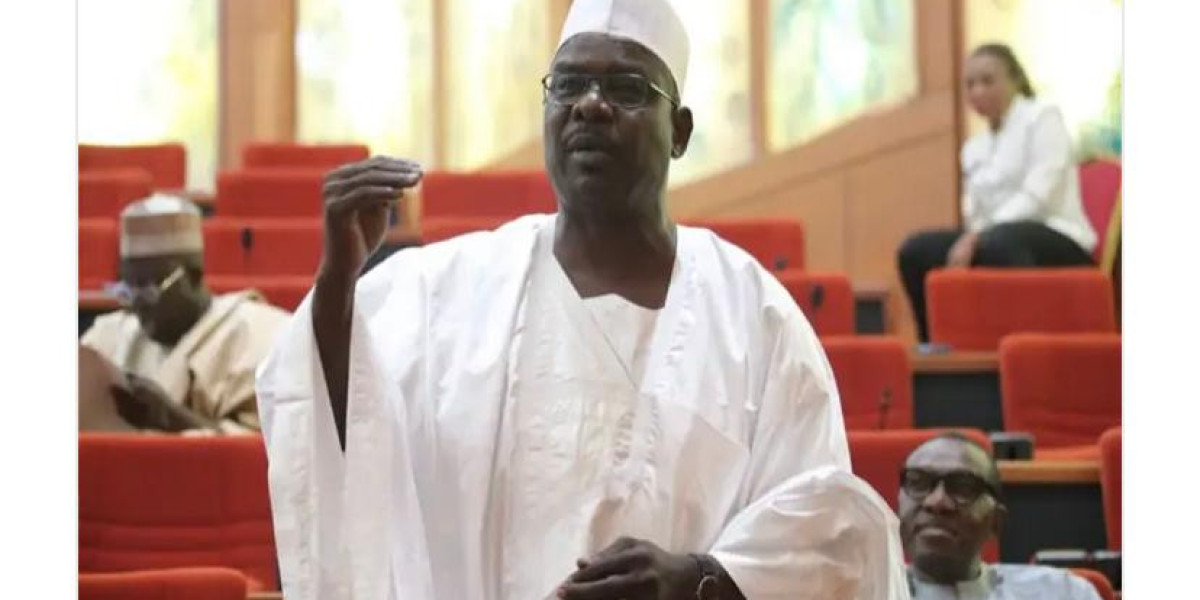Governor Umaru Bago of Niger State presented a strategic green economy blueprint for the state at the COP28 Climate Summit in the United Arab Emirates. The blueprint aims to position Niger as a leading state in green economy within Nigeria. The key mandates of the Green Economy Initiative, as outlined in the blueprint document, revolve around five interconnected pillars. These pillars include environmental conservation and management of carbon sink assets, sustainable resource management, renewable energy for development, inclusivity, and private sector-led job creation, particularly in green industries.
To institutionalize these efforts, the governor issued an executive order and approved a green economy policy. These actions demonstrate Niger State's commitment to environmental protection, climate resilience, and sustainable resource management. The governor emphasized that these initiatives would diversify the state's economy, facilitate a clean energy transition, ensure food security, and create green jobs to empower local communities.
Niger State has committed to long-term sustainability and aims to achieve net zero emissions. As part of this commitment, the state plans to plant one billion trees for carbon credits and sequestration. These trees will be planted on 760,000 hectares of land over the next four to five years through an MoU with the Blue Carbon Organization under the patronage of His Highness Sheikh Ahmed Dalmook Al Maktoum.
Additionally, the state intends to develop large crop farm estates, each spanning 10,000 hectares. Governor Bago revealed plans to establish about 100 such estates across the state. These estates will be managed sustainably to oversee water resources, crop production, processing, job creation, and wealth generation for the citizens. Furthermore, Niger State aims to cultivate 250,000 hectares of land annually for sugar, sweet sorghum, cassava, and corn to produce one billion liters annually, contributing significantly to the reduction of greenhouse gas emissions.
Naijamatta is a social networking site,
download Naijamatta from Google play store or visit www.naijamatta.com to register. You can post, comment, do voice and video call, join and open group, go live etc. Join Naijamatta family, the Green app.
Click To Download


